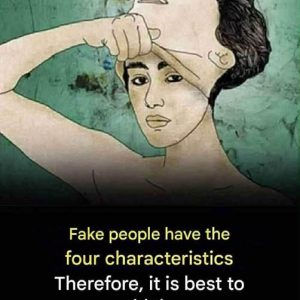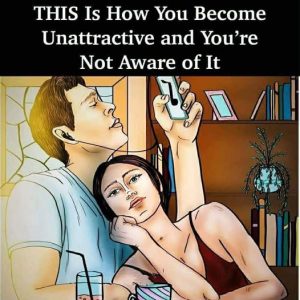The controversy began innocently enough: a late-night joke tossed out by Jimmy Kimmel, the sort of casual, sarcastic commentary that has defined his career. But the timing couldn’t have been more volatile. As the nation braced for the release of long-anticipated Epstein documents and lawmakers accelerated the Epstein Files Transparency Act, the public mood was tense, suspicious, and primed to react. In that atmosphere, even a simple joke became explosive. What should have been another forgettable late-night quip instead collided with national anxiety, transforming humor into a spark that ignited one of the loudest political flare-ups of the week. It was a reminder of how fragile the boundary has become between entertainment and politics, and how easily the two worlds now inflame each other.
Donald Trump, never one to ignore an opportunity for combat, immediately escalated the moment. He lashed out on Truth Social, calling Kimmel “talentless,” slamming ABC as “fake,” and reviving a rivalry that had been simmering beneath the surface for years. Within minutes, the fight shifted from an offhand joke to a full-blown political spectacle. Trump’s attacks didn’t stop with Kimmel; he broadened his offensive to include other late-night hosts and journalists connected to ABC. Reporters found themselves unexpectedly thrust into the chaos, navigating tense exchanges inside the Oval Office and aboard Air Force One. Suddenly, conversations that should have centered on national policy were overshadowed by snipes about television personalities. Beneath it all, the unresolved tensions surrounding Epstein—public distrust, institutional secrecy, and years of speculation—fueled a mood that made the feud even more combustible.
ABC responded sharply, dismissing Trump’s tirades as political theatre and painting his reaction as evidence of insecurity and ego-driven distraction. In contrast, Kimmel leaned into the chaos, using the feud as comedic material and transforming the tension into a recurring segment. But even behind the laughter, there was a visible undercurrent of friction. What unfolded was not simply entertainment but a reflection of a country where jokes function as political provocations and political statements echo like entertainment. Humor has become a weapon, and outrage has become a currency. This blending of forms creates a cultural environment where the reaction often matters more than the initial remark — where a comedian’s offhand comment can trigger a national argument within hours.
The real accelerant beneath the drama was the Epstein story itself. Few scandals have carried such long-lasting weight, symbolizing entrenched power, systemic protection of elites, and a deep erosion of public trust. Every resurgence of the topic reopens old wounds: suspicions about who knew what, frustration at years of secrecy, and anger at how often accountability seems elusive for the wealthy and connected. Against that backdrop, the Trump-Kimmel spat felt less like a disagreement and more like a pressure valve releasing national anxiety. The public wasn’t merely reacting to a joke or a presidential outburst — they were reacting to years of unanswered questions about justice and truth. And when such tension intersects with social media, political rivalry, and celebrity culture, the results are predictably chaotic: noise, accusations, and endless talking past one another.
The feud quickly evolved into a distraction layered on top of real issues. People used the conflict as proof for whatever narrative they already believed about Trump, the media, or the political climate. For some, Trump’s attacks reinforced the idea that he is a warrior against media bias; for others, it revived the belief that he cannot tolerate criticism. Similarly, Kimmel was alternately framed as brave or petty depending on political alignment. In this environment, substance was buried beneath spectacle. Public debate became less about the Epstein documents, transparency, or systemic accountability and more about who landed the sharper jab. The episode demonstrated how modern political discourse has drifted toward performance, where topics are processed through the lens of entertainment rather than through the pursuit of clarity or truth.
Ultimately, the entire situation served as a reflection of the cultural moment: a society where boundaries between authority and entertainment have nearly disappeared. Politics now behaves like entertainment, reliant on drama and spectacle, while entertainment carries political weight capable of triggering national outrage. When leaders play to applause and entertainers take on political roles, both institutions risk losing sight of their responsibilities. Politics should protect and serve the public; entertainment should critique, comfort, or amuse. But when those roles blur, the nation doesn’t become more informed—it becomes louder, more reactive, and more fragmented. The Trump-Kimmel clash wasn’t meaningful because of who “won” or who insulted whom more effectively. Its significance lies in what it revealed about a country struggling to distinguish between humor that illuminates and humor that divides, between power that leads and power that performs. As long as those lines continue dissolving, the cycle of outrage will only intensify, drowning out the quieter truths that should matter far more.





